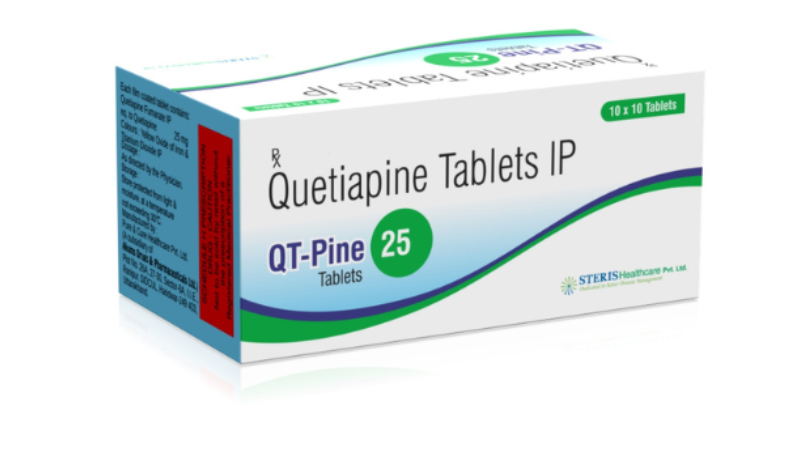Quetiapine 25mg
Jan 09, 2024
Introduction
QT-PINE 25, a medication that contains Quetiapine (25mg), is an atypical antipsychotic used in the treatment of various mental health conditions. Quetiapine, the active ingredient, has proven efficacy in managing disorders such as schizophrenia, bipolar disorder, and major depressive disorder. The medication is commonly prescribed due to its ability to regulate the balance of certain neurotransmitters in the brain, which play a significant role in mood and thought regulation.
This article provides an in-depth look at QT-PINE 25, including its uses, mechanism of action, dosage, side effects, and other essential aspects of this medication.
What is QT-PINE 25 (Quetiapine 25mg)?
QT-PINE 25 is a medication that contains Quetiapine in a 25mg dosage. Quetiapine is an atypical antipsychotic medication, meaning it affects several neurotransmitter systems in the brain, including dopamine and serotonin receptors. It is primarily prescribed for the treatment of schizophrenia, bipolar disorder, and as an adjunct therapy for depression. Due to its sedative effects, Quetiapine is also sometimes prescribed for individuals with severe insomnia related to these conditions.
Quetiapine was first approved for use in the late 1990s and has since become one of the most widely prescribed atypical antipsychotic drugs.
Key Uses of QT-PINE 25
-
Schizophrenia: Schizophrenia is a severe mental illness characterized by distorted thinking, hallucinations, and delusions. QT-PINE 25 is often prescribed as part of a comprehensive treatment plan to manage the symptoms of schizophrenia. The medication works by balancing the levels of dopamine and serotonin in the brain, which helps alleviate symptoms like delusions and disorganized thinking.
-
Bipolar Disorder: Bipolar disorder is marked by extreme mood swings, including episodes of mania and depression. QT-PINE 25 helps in managing the manic phases of bipolar disorder by stabilizing mood and preventing manic or hypomanic episodes. It is sometimes used in combination with other mood stabilizers to provide better control of symptoms.
-
Major Depressive Disorder (Adjunctive Treatment): In cases of major depressive disorder (MDD), Quetiapine 25mg may be prescribed as an adjunct to other antidepressant medications when initial treatment alone does not provide sufficient relief. It can help enhance the effects of other medications and improve overall mood stabilization.
-
Generalized Anxiety Disorder (Off-Label Use): In some cases, QT-PINE 25 is used off-label for the treatment of anxiety disorders, including generalized anxiety disorder. While not FDA-approved specifically for this indication, it is sometimes prescribed when other treatments are ineffective.
How Does QT-PINE 25 Work?
The active ingredient in QT-PINE 25, Quetiapine, works by influencing the neurotransmitters in the brain, mainly dopamine and serotonin. These two neurotransmitters are crucial for regulating mood, cognition, and behavior.
-
Dopamine Receptor Antagonism: Quetiapine binds to dopamine receptors in the brain, preventing dopamine from binding to these receptors. This action helps control symptoms of schizophrenia and other psychotic disorders, where an overactive dopamine system is often observed.
-
Serotonin Receptor Modulation: Quetiapine also acts on serotonin receptors. By modulating serotonin activity, the drug helps improve mood and emotional regulation, making it effective for treating mood disorders like bipolar disorder and major depression.
-
Sedative Effects: Quetiapine has sedative properties, which is why it is used to help individuals who experience insomnia related to psychiatric disorders. Its sedative effects can help induce sleep and improve overall sleep quality.
Dosage and Administration of QT-PINE 25
The dosage of QT-PINE 25 varies based on the condition being treated, the patient’s age, and their response to the medication. Typically, the dosage is started low and gradually increased to minimize side effects.
-
Schizophrenia: For adults with schizophrenia, the starting dose is usually 25mg to 50mg per day, which may be increased gradually. The typical maintenance dose ranges from 150mg to 750mg per day, divided into two or three doses. The dosage is adjusted based on individual response and tolerability.
-
Bipolar Disorder: In bipolar disorder, the starting dose may be around 50mg per day, with gradual increases. The dosage for mania treatment may range from 200mg to 400mg per day, while for depression in bipolar disorder, lower doses are used.
-
Major Depressive Disorder (Adjunctive Therapy): When used as an adjunct to antidepressants for major depression, the initial dose is typically 50mg per day. This may be adjusted as needed based on clinical response.
-
Insomnia (Off-Label Use): Quetiapine 25mg is sometimes prescribed to treat insomnia, with a dose of 25mg to 50mg before bedtime. However, this is off-label and should only be used under a doctor’s supervision.
It is important not to alter the prescribed dosage without consulting a healthcare professional, as this could lead to adverse effects.
Side Effects of QT-PINE 25
Like any medication, QT-PINE 25 can cause side effects. Some of the common and serious side effects include:
Common Side Effects:
- Drowsiness/Sedation: One of the most common side effects of Quetiapine, especially when first starting the medication, is drowsiness. This may subside over time as the body adjusts.
- Dizziness: Some individuals may experience dizziness or lightheadedness, especially when standing up quickly.
- Dry Mouth: Dry mouth is another common side effect that can be alleviated with increased water intake.
- Weight Gain: Quetiapine has been associated with weight gain, particularly at higher doses.
- Constipation: Difficulty in bowel movements may occur in some patients.
- Increased Appetite: Some individuals may experience an increase in appetite, which could contribute to weight gain.
Serious Side Effects:
- Movement Disorders: In rare cases, QT-PINE 25 may cause movement disorders such as tremors, rigidity, or tardive dyskinesia, which is a condition involving involuntary muscle movements.
- Metabolic Changes: Quetiapine can affect blood sugar, cholesterol, and triglyceride levels, which may increase the risk of diabetes or heart disease.
- Neuroleptic Malignant Syndrome (NMS): This rare but serious side effect involves high fever, muscle rigidity, and altered mental status. Immediate medical attention is required.
- Orthostatic Hypotension: Some patients may experience a drop in blood pressure when standing, leading to fainting or dizziness.
- Severe Allergic Reactions: Although rare, severe allergic reactions, such as swelling of the face or throat, can occur.
If you experience any of these serious side effects, it is important to seek medical attention immediately.
Precautions and Warnings
Before using QT-PINE 25, inform your doctor if you have any pre-existing conditions, especially:
- Liver or Kidney Issues: Adjustments to the dosage may be required for individuals with liver or kidney dysfunction.
- Heart Conditions: QT-PINE 25 may have effects on the heart, so it is important to inform your doctor if you have a history of heart disease.
- Pregnancy and Breastfeeding: QT-PINE 25 should be used during pregnancy only if the potential benefits outweigh the risks. It can pass into breast milk and may affect a nursing infant, so caution is advised.
QT-PINE 25 and Interactions with Other Medications
QT-PINE 25 can interact with other medications, which may either enhance or diminish its effects. It is important to inform your healthcare provider of all the medications you are taking, including over-the-counter drugs, herbal supplements, and vitamins.
- CNS Depressants: Combining QT-PINE 25 with other central nervous system (CNS) depressants, such as alcohol, benzodiazepines, or opioids, may increase the sedative effects, leading to excessive drowsiness or respiratory depression.
- Antidepressants: Certain antidepressants, particularly SSRIs and SNRIs, may increase the risk of side effects when combined with Quetiapine.
- Antihypertensives: QT-PINE 25 may enhance the blood pressure-lowering effects of antihypertensive medications, increasing the risk of hypotension.
Conclusion
QT-PINE 25, with its active ingredient Quetiapine, is a versatile medication used to treat various mental health conditions such as schizophrenia, bipolar disorder, and major depressive disorder. Its efficacy in stabilizing mood and alleviating symptoms of psychotic disorders has made it a widely prescribed antipsychotic.
However, like any medication, QT-PINE 25 comes with potential side effects and risks. It is essential to follow the prescribed dosage and consult with a healthcare provider regarding any concerns, especially if you have pre-existing conditions or are taking other medications.
With proper usage and medical supervision, QT-PINE 25 can be an effective part of a comprehensive treatment plan for those dealing with serious mental health conditions.
About The Author
Steris Healthcare Pvt Ltd, known as Sterispharma, was founded in February 2018 by a team of experienced professionals in the pharmaceutical industry. Headquartered in Navi Mumbai, the company holds certifications from WHO, GMP, and ISO, reflecting its dedication to maintaining high standards of quality and safety. Sterispharma’s mission is to provide affordable, high-quality medications across India, strictly adhering to WHO guidelines. With the convenience of an online pharmacy, customers can easily order medicines with home delivery options.
For further information
Email: info@sterispharma.com / contact@sterispharma.com
Call/WhatsApp: 8209542042 , 8824175417
BUY NOW
Recent Post
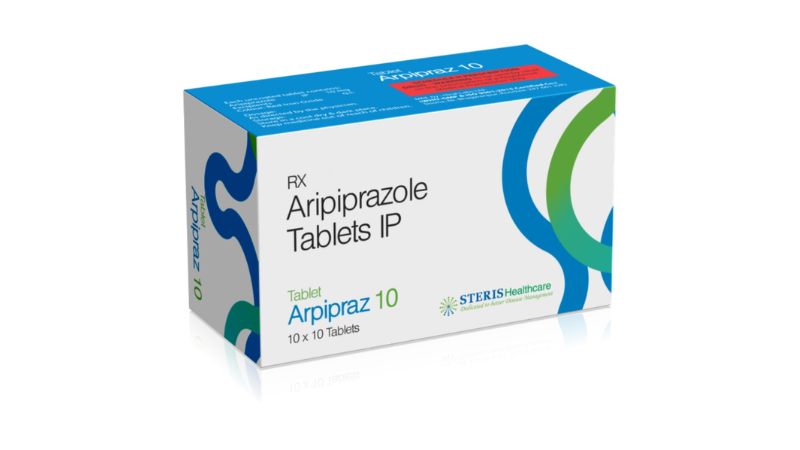
Aripiprazole 10 mg uses, Dosage, Side Effects, and Benefits

How Melatonin Helps Fix Your Sleep Cycle Naturally

Top 7 Yoga Asanas to Lose Weight Fast and Naturally
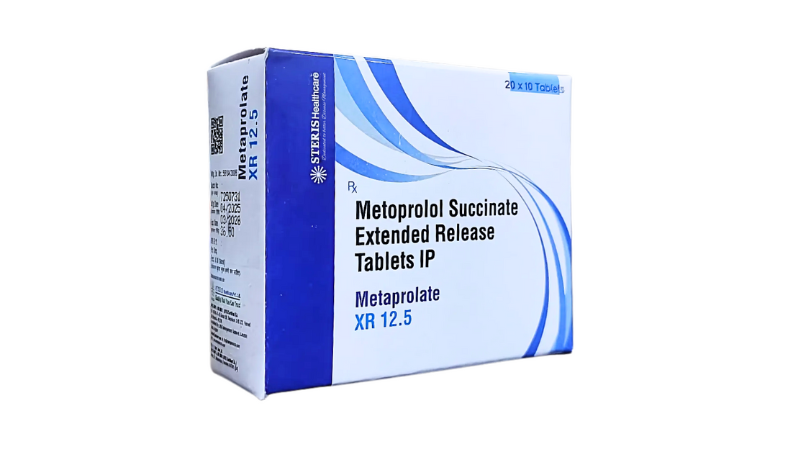
Metoprolol Succinate Extended Release Tablets for Heart Health

What Are Substitute Medicines? Key Things to Know Before Taking Medicine Alternatives

Blood Donation: Benefits, Side Effects, Disadvantages, and Complete Health Guide
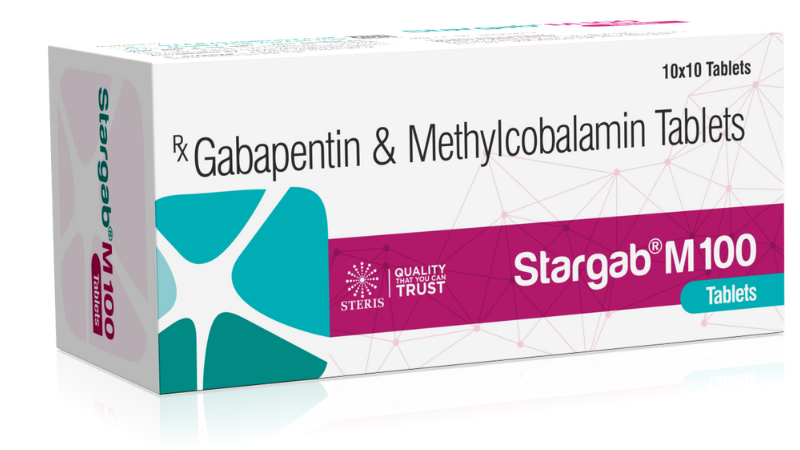
Gabapentin and Methylcobalamin Tablets Uses, Benefits & Side Effects
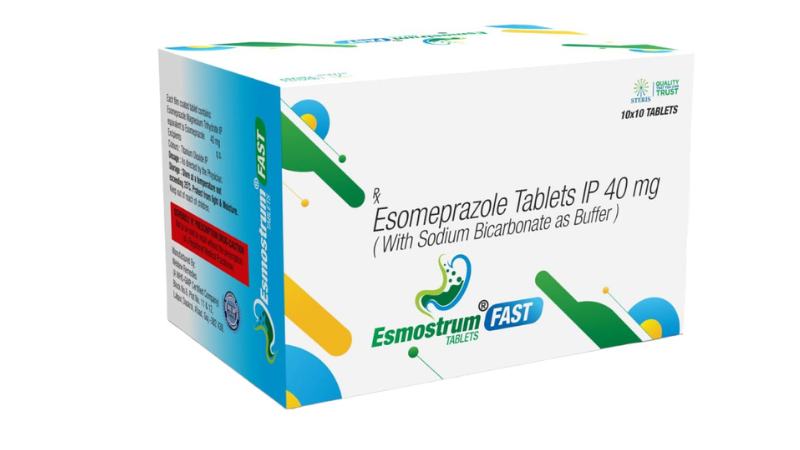
Esomeprazole Tablet Uses | Benefits, Dosage & Side Effects Explained

Pharma News July 2025 - New Labelling Rules for Medicine Strips, Packaging Changes, and Compliance Tips for Manufacturers and Wholesalers
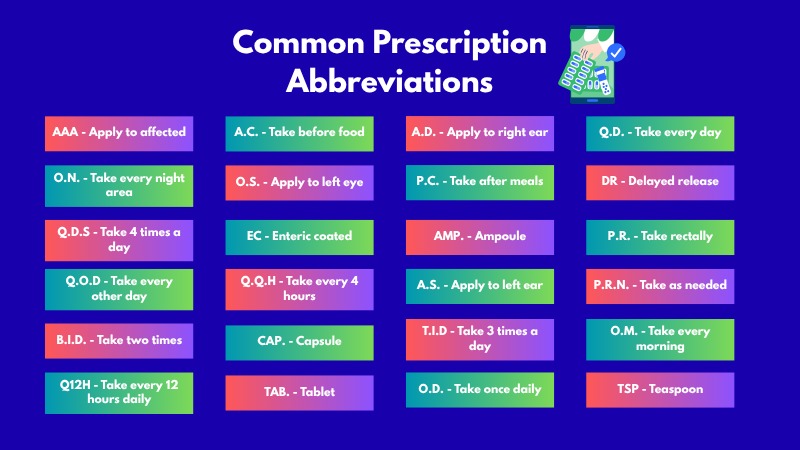
Common Symbols used by Doctors, A Simple Guide for Everyone

